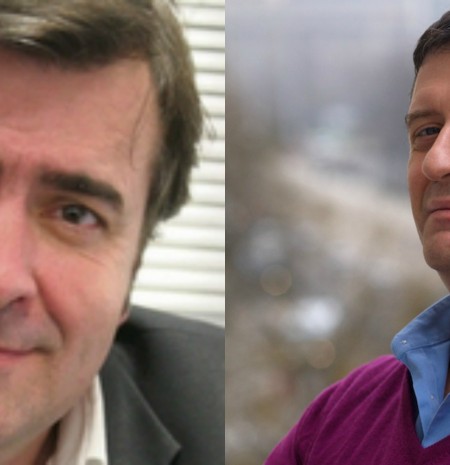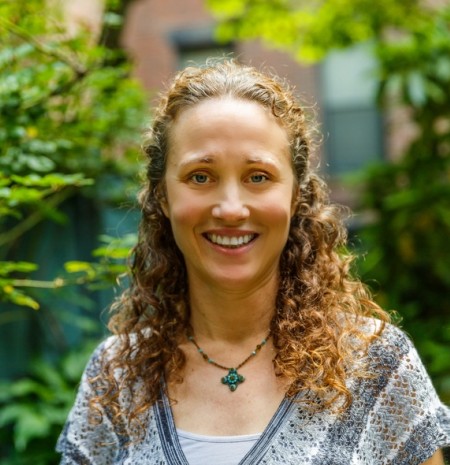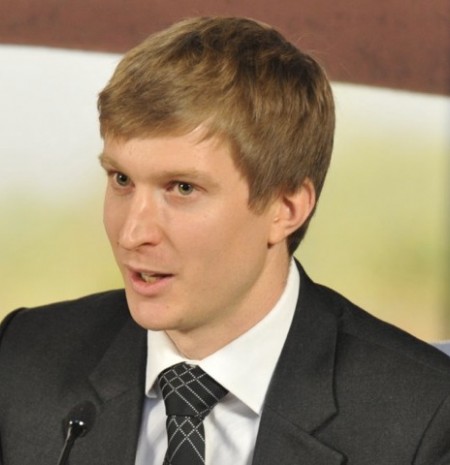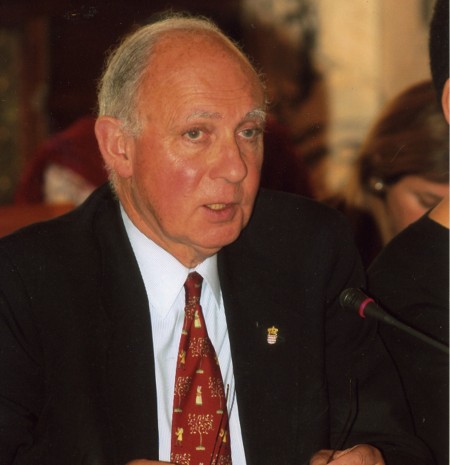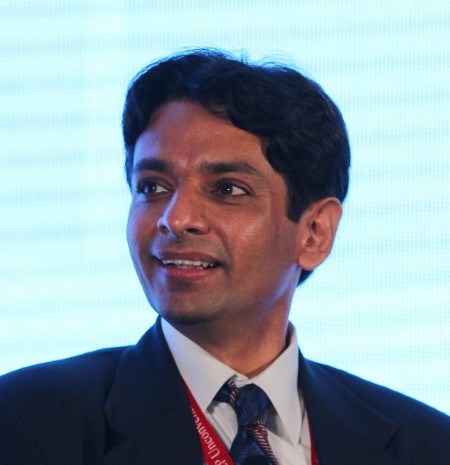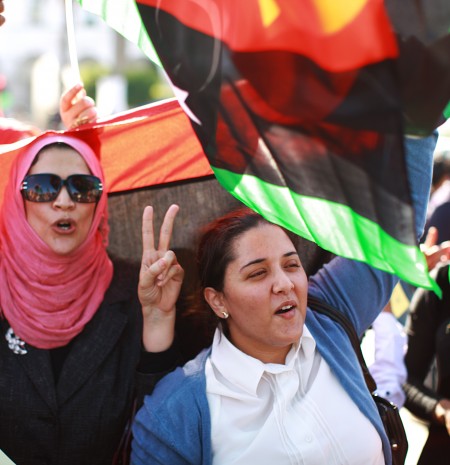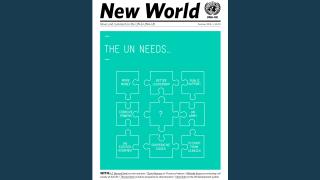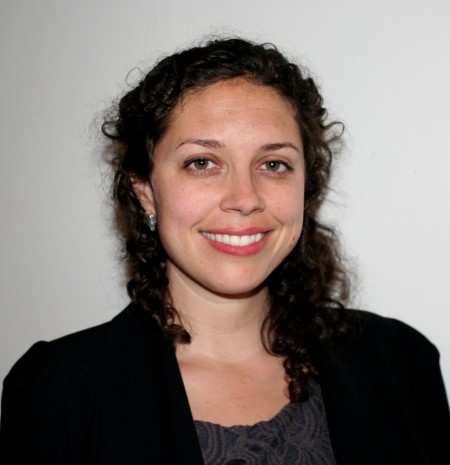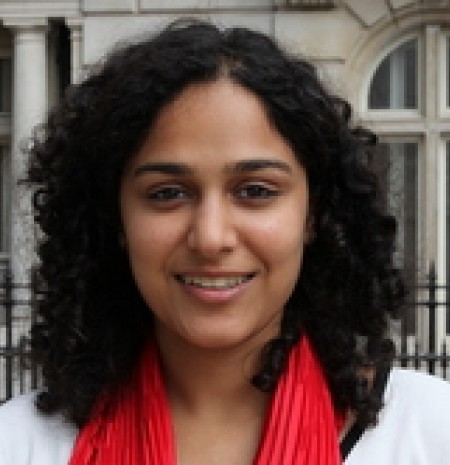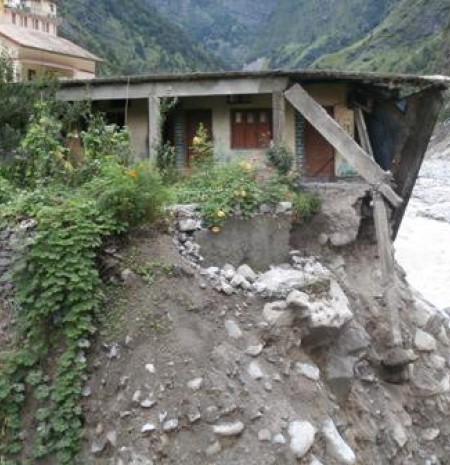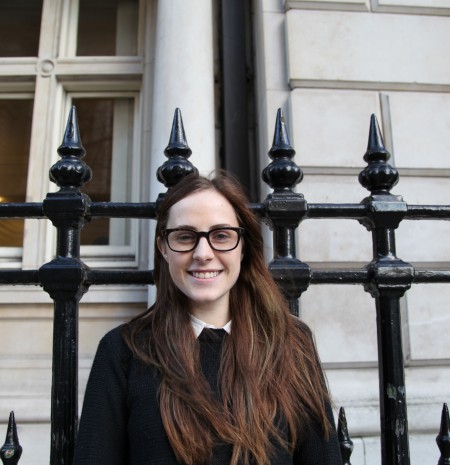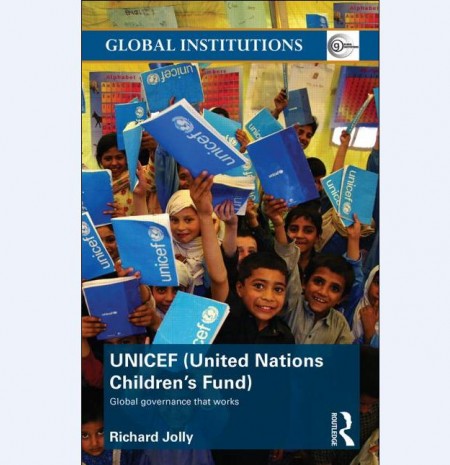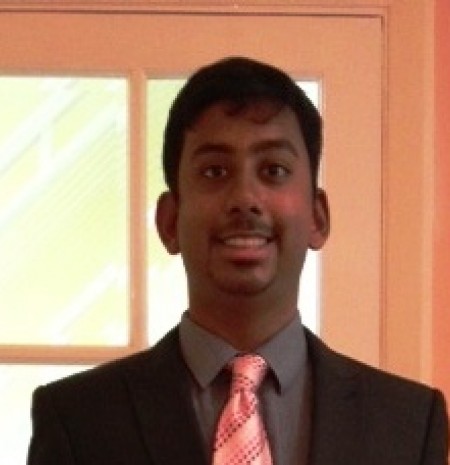
The diversity of the 69 operations that have taken place since 1948 illustrates the way in which the UN peacekeeping has attempted to evolve in the face of increasingly complex situations. Over the last 18 months alone the UN Security Council has voted to extend peacekeeping operations in the Democratic Republic of Congo and Haiti, as well as create new missions in the Central African Republic and Mali. There are currently over 116,000 civilian, police and military peacekeepers serving a variety of functions in 16 operations, from supporting the implementation of a ceasefire agreement in South Sudan to assisting the political process in Mali. Despite 30 deaths already in 2014, peacekeepers have been working hard to guard vulnerable people while struggling to maintain stability in some of the most volatile situations in the world.
Official attempts to reform UN peacekeeping, and to learn from past mistakes, have included former UN Secretary-General Boutros-Ghali’s report An Agenda for Peace: Preventative Diplomacy, Peacemaking and Peacekeeping to Lakhdar Brahimi’s Report of the Panel on United Nations Peace Operations. Their recommendations have addressed tackling cases of sexual exploitation, abuse and misconduct, improving accountability and the efficiency and efficacy of peacekeeping missions. Tangible changes in policies and practices include reforms to the recruitment, training and deployment of military, police and civilian personnel for field duty, modifications made to budgetary rules to facilitate expenditure for rapid start-up missions and revision of logistical procedures for the provision of equipment and other services. These reforms have tried to show as clearly as possible what peacekeeping missions should, and should not, do.
Despite the progress that has been made, protecting civilians continues to be a huge challenge; few branches of the UN system currently face more calls for reform than its peacekeeping operations. This is, in part, owed to the undoubtable levels of responsibility borne by UN peacekeepers, but is also the result of the feared consequences of failure. The situation in South Sudan has accentuated the UN’s shortcoming in responding to these tests; although 6,000 reinforcement troops were mandated in December 2013, only a third had arrived five months later. In terms of operational efficacy there are some tangible, affordable and sustainable improvements that could be implemented: much more could be done by recognising the potential of innovative technologies, for example, such as the use of surveillance drones and robots.
Steps are already being made to this effect: UN peacekeepers in the Democratic Republic of the Congo are using de-mining robots to remotely disarm landmines and other explosive war remnants; the Mission in Mali is using Geographic Information Systems to find alternative water sources and avoid negatively impacting local supplies; and the Mission in South Sudan is working with state security agencies to establish a Fingerprint Unit within the Police Criminal Investigation Department and train officers to use forensic techniques.
Additionally, a five-member ‘Expert Panel on Technology and Innovation in UN Peacekeeping’ was set up by Under-Secretaries-General Hervé Ladsous and Ameerah Haq in June 2014 to advise on how best to use new technologies and innovations to benefit UN peacekeeping. The members bring considerable experience and understanding and will work to improve performance in carrying out the critical tasks entrusted to peacekeepers.
Member states can also do more to live up to their responsibilities and support peacekeeping operations. The UK, for example, plays a key role through both its financial contributions and seat on the Security Council. However, for peacekeeping reforms to be effective, the UK and others need to take a more practical approach. This need not be an expensive increase in troops or contributions, but assistance such as training, equipment and expertise in niche capabilities (technology, planning, engineering, policing, law, medical and policy).
UN peacekeepers are making the best out of a bad situation. Missions will only ever be as effective as the national and collective preparation they have received prior to deployment. Member states cannot continue to highlight problems without providing practical solutions; more must be done to help those who keep the peace to meet the demands of international expectations.
Steph Siddall recently completed a volunteer internship with UNA-UK and writes in a personal capacity.



